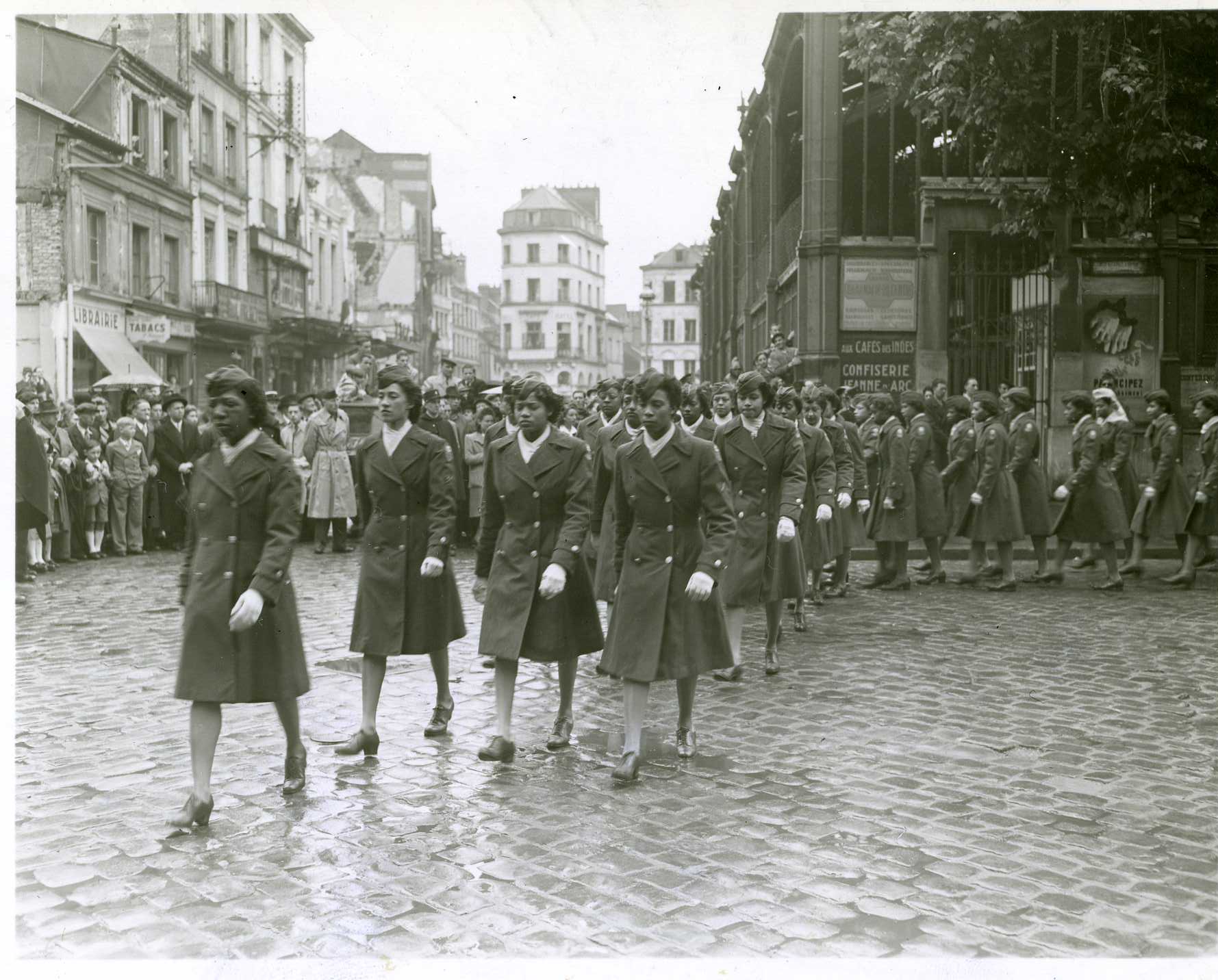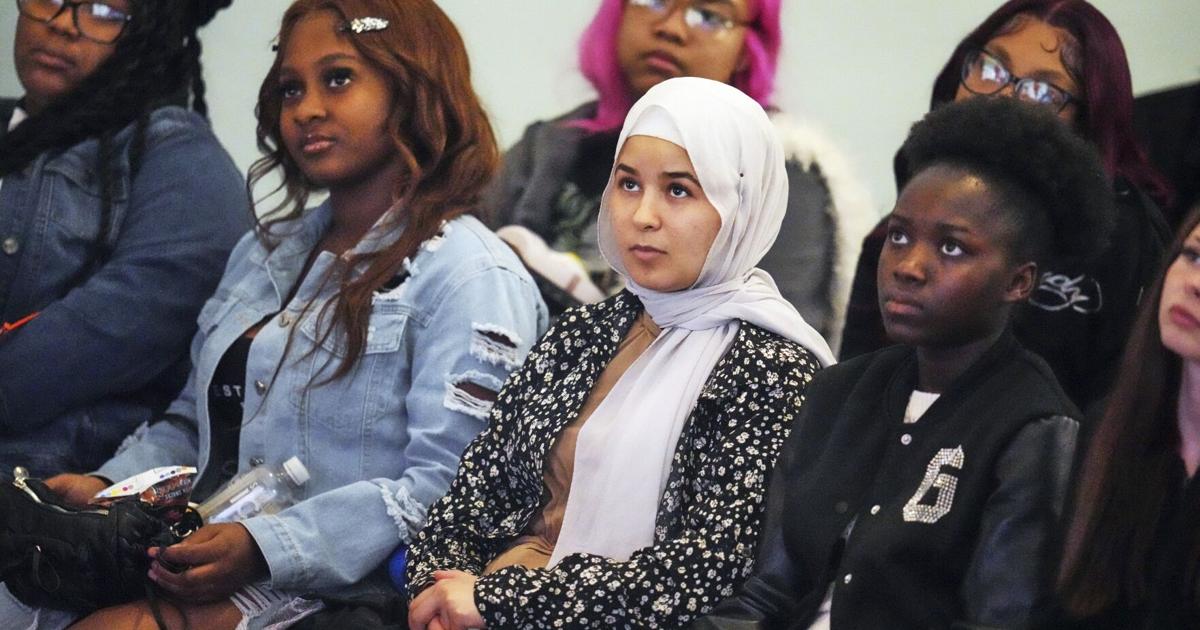- BlackVoter.Org
- Posts
- BlackVoter.Org
BlackVoter.Org


In “The Strategic Resistance: Why Black America Is Playing the Long Game,” LaTosha Brown draws parallels between Muhammad Ali’s rope-a-dope strategy and the careful, calculated approach Black America employs in today’s political landscape. Far from being inactive, Black communities are strategically organizing and preparing for meaningful resistance against ongoing systemic injustices.
Protests are just one part of a multi-faceted strategy that includes economic power, legal challenges to voter suppression, and initiatives led by the Black church. The narrative emphasizes that while this may appear as quiet patience, it’s a deliberate and powerful stance rooted in a history of survival and resilience.
As Black Americans prepare to strike back against oppression, they remind us that it’s not about waiting for saviors; it’s about self-determination and transformation, ensuring that their voices—and actions—will ultimately shape the future.

In "Past Rhymes With Present Times," Lloyd Kraemer delves into the significance of historical knowledge in shaping contemporary society. Citing a misattributed Mark Twain quote, he argues that understanding our history—particularly the uncomfortable truths of racism and inequality—is vital for recognizing present-day challenges.
Kraemer critiques recent political moves, particularly those inspired by Trumpism, aimed at erasing critical historical narratives from education and public institutions. Legislation restricting the teaching of “divisive concepts” threatens to sanitize America’s complex past, obscuring the contributions of diverse communities.
By shedding light on this erasure, he emphasizes the importance of inclusive historical education as a means to foster a more just society. Drawing on the insights from the Legacy Museum and notable figures like Mary McLeod Bethune, Kraemer inspires a collective commitment to uphold truthful history as a foundation for future aspirations and civil rights.
History, he argues, is not just a record of the past; it's a guide for progress.


In an inspiring effort to normalize discussions around mental health, the “Dining Room of Hope” banquet in Tampa Bay highlights the urgent need to confront stigmas affecting mental illness, especially in the Black community. Organized by Aaron’s House, a nonprofit supporting families with loved ones facing bipolar disorder and depression, the event underscores alarming statistics: one in five adults experience mental health disorders, yet many remain untreated.
Dr. Vashaun Williams, a psychiatrist at the event, emphasized recognizing mental illness as a prevalent issue and the importance of seeking timely help.
Attendees, including keynote speaker Tony Gaskins Jr., encouraged caregivers to embrace their vital role in supporting loved ones.
The banquet not only raises funds for essential resources but also seeks to empower communities through education, breaking the silence surrounding mental health issues and promoting a culture of understanding and support. Together, they are advocating for a brighter, stigma-free future for mental health.

In a vibrant effort to connect with future voters, candidates in Pittsburgh are engaging with high school students at Perry Traditional Academy. During a recent forum, these young citizens posed pressing questions on issues that matter to them—ranging from policing to school funding.
This initiative is part of a larger national campaign aimed at boosting voter engagement among young Americans, who historically have lower turnout rates compared to older demographics. The interactive session empowers students to actively participate in the democratic process, ensuring their voices and concerns are heard leading up to the city's mayoral primary.
By addressing the issues they face and fostering a culture of civic engagement, candidates are not just campaigning; they are inspiring the next generation of voters to shape their communities.

Target Corporation experienced a staggering market value loss of $12.4 billion, following a steep decline in its stock price after announcing a retreat from its diversity, equity, and inclusion (DEI) commitments.
This drop coincided with Black Friday, igniting a consumer backlash led by influential figures like Reverend Jamal Bryant, who has initiated a “40-Day Target Fast” to encourage Black consumers to withdraw their spending. Amid rising tensions, various advocacy groups, including the NAACP and NNPA, have called attention to the impacts of Target's decision, reminding corporations that neglecting such commitments can lead to dire consequences.
Shareholders are also stepping up legal challenges against the retailer, reflecting wider discontent. The message is clear: Black consumers are eager to leverage their significant economic power to demand accountability and change in corporate practices, with Target now grappling to restore its image and financial health in the face of mounting pressure.

Black-owned businesses have seen encouraging growth in recent years, surging from 124,000 firms in 2017 to nearly 195,000 by 2022. However, this progress is now under threat due to a decline in small business optimism and controversial executive orders from the Trump administration that dismantle key Diversity, Equity, and Inclusion (DEI) initiatives.
With Black entrepreneurs facing systemic challenges and underrepresentation in the economy—owning only 3% of U.S.
businesses—these policy shifts risk erasing vital support programs designed to level the playing field. Concerns continue to rise, as reports indicate a drop in small business confidence and barriers in access to capital, leaving many African American entrepreneurs to grapple with an uncertain future.
This shift in federal support could undermine years of hard-fought gains in the entrepreneurial landscape, further entrenching existing inequities.

In a shocking revelation, two police officers from Florida’s Fruitland Park Police Department have been linked to the Ku Klux Klan, leading to the resignation of Deputy Chief David Borst and the firing of Officer George Hunnewell. The connection came to light through a report by the Florida Department of Law Enforcement, based on FBI intelligence, prompting immediate action from city officials.
Residents of the diverse and welcoming community were taken aback, as this small town was previously known for its citrus groves and a peaceful coexistence among its residents. City Manager Gary La Venia assured that ongoing cases involving both officers will undergo review.
This incident highlights the continuing challenges of tackling systemic racism and ensuring integrity within law enforcement. The implications extend beyond the officers’ personal associations, reflecting the broader struggle against hate and division in communities across America.